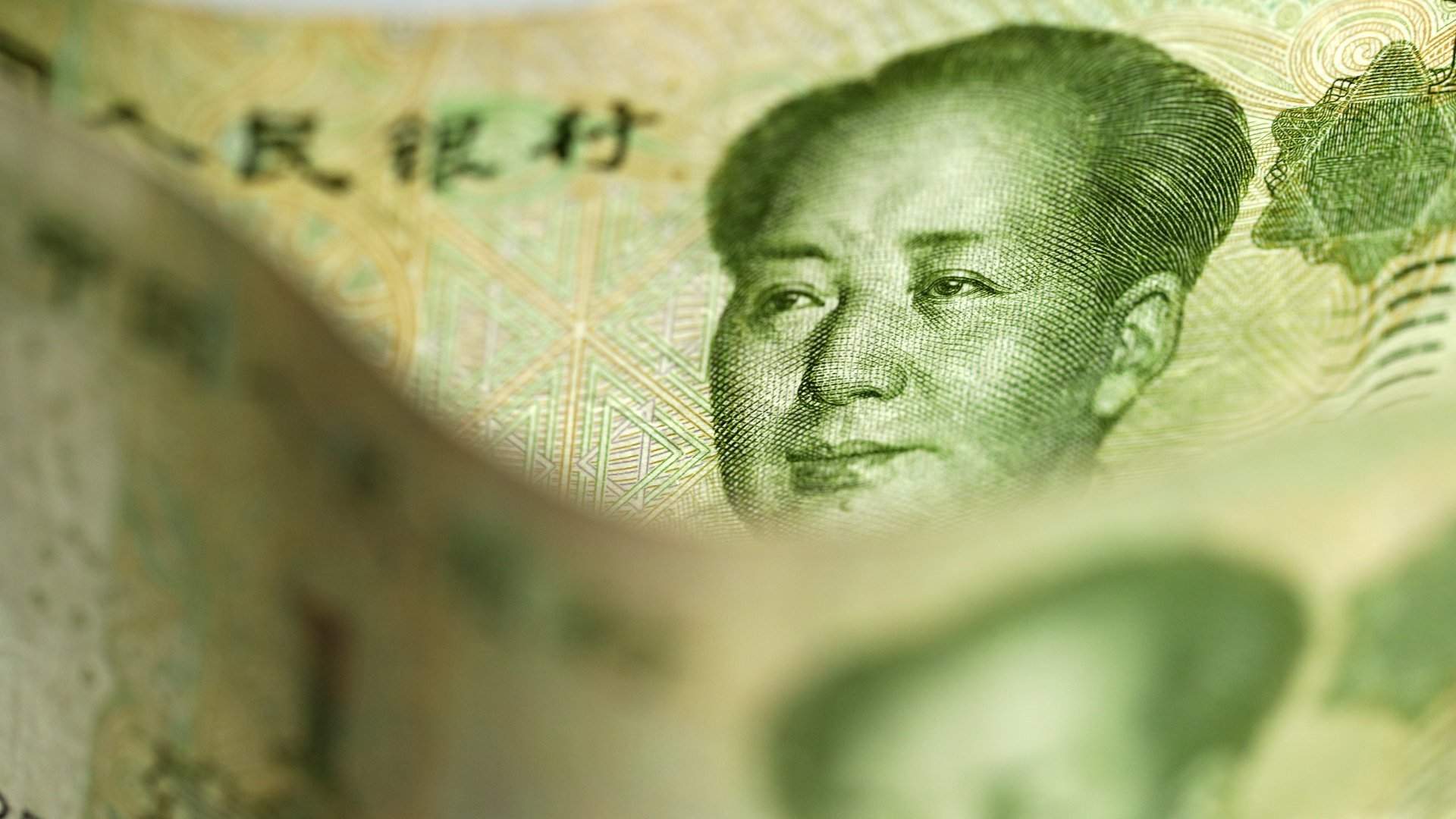
The Chinese economy started the year on a fairly high note
The Chinese economy's data for the first two months of 2024 has pleased economists and investors. Retail sales increased by 5.5% in January-February, surpassing the forecast of 5.2% by economists surveyed by Reuters. Industrial production also rose by 7%, exceeding the forecast of 5%. Investments in fixed assets added 4.3%, which is a full percentage point higher than the experts' forecast. The unemployment rate among urban residents was 5.3%.
Online retail sales of physical goods increased by 14.4% year on year in January and February. Investments in the real estate market decreased by 9% in the first two months of 2024 compared to the same period last year. Investment in infrastructure increased by 6.3%, and in the manufacturing sector by 9.4%.
Goldman Sachs economists commented on Chinese economic data, stating that they believe first-quarter growth remains strong despite mixed sectoral data. However, achieving the target growth of approximately 5% for 2024 requires more than this. Additional efforts are necessary, particularly to increase demand.
The National Bureau of Statistics representative, Liu Aihua, cautioned against premature relaxation despite positive data, citing insufficient demand.
In China, January-February data is typically combined to mitigate the impact of Chinese New Year, which occurs in either of the first two months of the year. This year, the indicators for the main Chinese holiday have reached the same level as in 2019, before the coronavirus pandemic. However, average travel costs are still 9.5% lower than in 2019, according to Ting Lu, Nomura's chief China economist.
In addition, new loans fell short of the February forecast, which is attributed to the ongoing real estate crisis and low consumer confidence. Goldman Sachs analysts suggest that further monetary policy easing is necessary.
Recently, Pan Gongsheng, the head of the Chinese Central Bank (CBC), suggested that there is still room for further reduction of the required reserves of banks or cash. Goldman Sachs predicts that reserve requirements will decrease by 0.25% in both the second and fourth quarters.
The construction industry and real estate market are still in crisis, with the average price of real estate in China's 70 largest cities dropping by 4.5% in February compared to January. In comparison to January (3.5%), this represents an increase of a full percentage. The recent session of the National People's Congress held in Beijing did not announce any significant additional support for the construction sector. While the highest legislative body of the Celestial Empire discussed the development of the manufacturing and technology sectors, there was no mention of further support for construction.
When asked about concerns regarding overcapacity, Liu stated that the production capacity utilization rate in the last quarter of last year was 76%, which is a 0.2% increase compared to the previous year.
According to previously released data, Chinese exports in January-February grew by 7.1% in dollar terms, greatly exceeding the expected export growth rate of 1.9%.
Imports in the first two months of the year increased by 3.5%, exceeding the economists' forecast of 1.5% as reported by Reuters.
